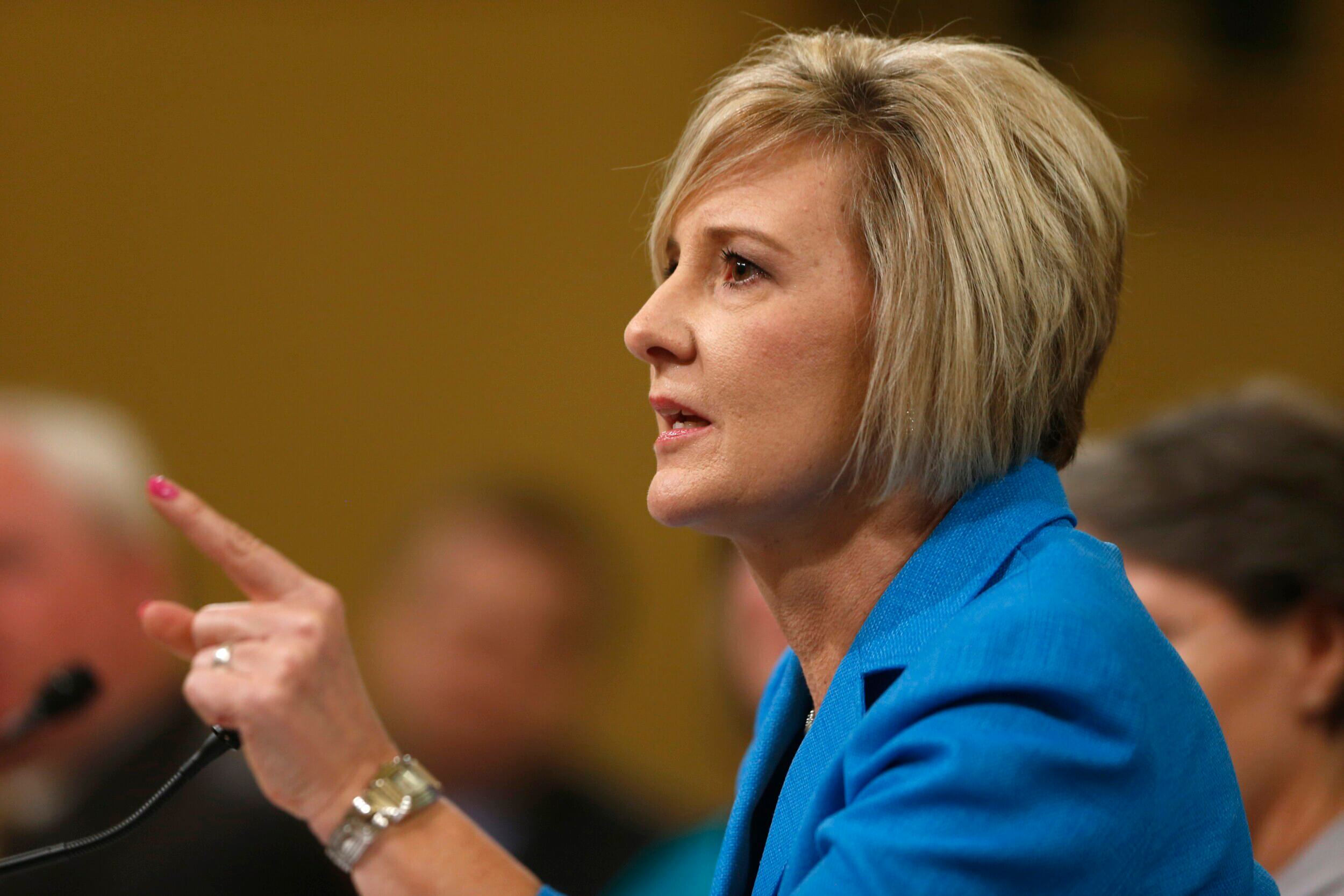Critics have panned the so-called Inflation Reduction Act (IRA) passed in both chambers of Congress that awaits President Joe Biden's signature.
They have also questioned the legislation's moniker since the bill's substance included a focus on environmental issues, health care and tax increases on businesses and individuals, which they argue will have little impact on inflation.
A recent University of Pennsylvania Penn Wharton analysis said that the bill will have no meaningful immediate effect on inflation but would reduce inflation by around 0.1% by the middle of the first decade. Despite Democratic denial, the Joint Committee on Taxation recently reported that middle-class earners would also see an increase in their taxes due to the bill.
However, also among the provisions in the bill is an $80 billion allocation to the Internal Revenue Service (IRS) to hire nearly 87,000 employees over the next decade, nearly doubling its current workforce.
Although it is yet unclear what jobs the new personnel would occupy, some have expressed concern that the agents could be used to tighten audits on middle-class workers or even as political agents to target specific individuals or groups.
Democratic supporters of the bill have claimed that citizens who make less than $400,000 per year would not see an increase in audits due to the influx of agents. However, when Sen. Mike Crapo (R-Idaho) offered an amendment, which would have barred the IRS from auditing individuals and business owners with income under $400,000, the amendment failed to receive a favorable vote.
Becky Gerritson, currently the executive director of Eagle Forum of Alabama, who formerly headed the Wetumpka Tea Party, is concerned about the proposed additional agents.
"I think doubling the size of the IRS, spending massive amounts of money, and raising taxes is the exact opposite of what we need to do to reduce inflation during a recession," Gerritson said.
In 2013, Gerritson appeared before a committee in the U.S House of Representatives to testify on what she claims were abuses by the IRS during the 2012 election cycle.
According to Gerritson, the Wetumpka Tea Party applied to the IRS for the organization's 501(c)(4) non-profit, tax-exempt status in 2010. It was not until 2012 that they received a list of additional demands.
The IRS demanded to see the party's donor list and the dates and amounts of donations. The IRS also required a list of volunteers and if any donors or volunteers had run or were planning to run for public office.
"Within days of reading through these questions, we realized we were being targeted because fellow tea party organizers across this nation were getting similar letters and questionnaires," Gerritson said.
After the Wetumpka Tea Party sought legal recourse, it received its 501(c)(4) status from the IRS without submitting the additional information.
"I just have that eerie feeling that hiring 87,000 new IRS employees is just going to be part of another targeting scheme," she warned.
To connect with the author of this story, or to comment, email craig.monger@1819news.com.
Don't miss out! Subscribe to our newsletter and get our top stories every weekday morning










